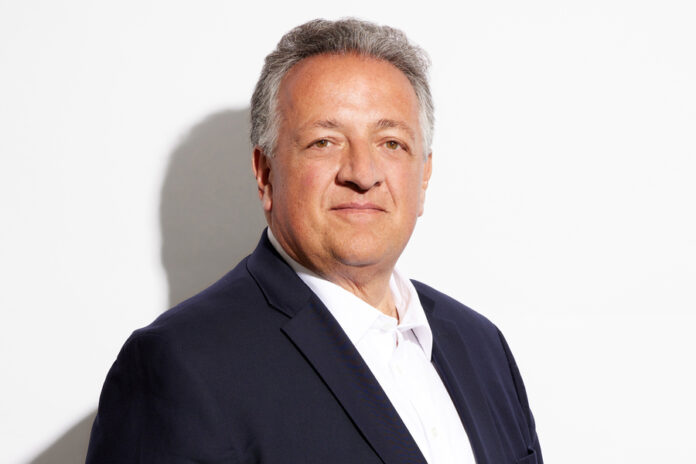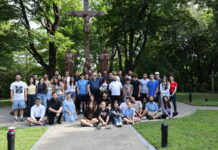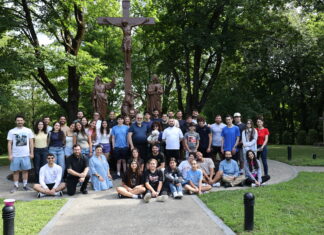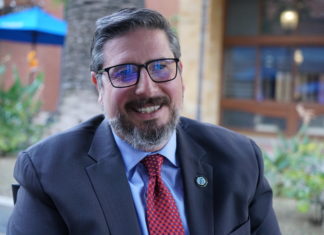By Scott Kirsner
CAMBRIDGE, Mass. (Boston Globe) — In an office building on the edge of Kendall Square, overlooking the Charles River, is a company that exists to create other companies. Often, these new companies work on the frontiers of science and medicine, with the goal of creating drugs and treatments to cure disease and extend lives.
And despite the inherent risks of startups, these new companies attract proven executives to run them, including the former CEO of Ancestry.com, a former commissioner of the Food and Drug Administration, and the former head of research for the British drugmaker GSK.
At the center of all this company creation is Noubar Afeyan, the cofounder and CEO of Flagship Pioneering. Flagship, founded in 1999, has formed more than 100 companies and helped take 30 of them public, including the vaccine maker Moderna, which began life in Flagship’s offices in 2010.
Flagship alone employs about 500 people — nearly half holding PhD or MD degrees — and leases with its portfolio companies about 3 million square feet of lab space in the Boston area (including some in this newspaper’s former headquarters in Dorchester). That’s roughly double the lab space of Massachusetts General Hospital.
And its presence is likely to grow. Flagship on July 10 announced that it has raised another $3.6 billion, pushing the aggregate capital raised by the company past $10 billion.








